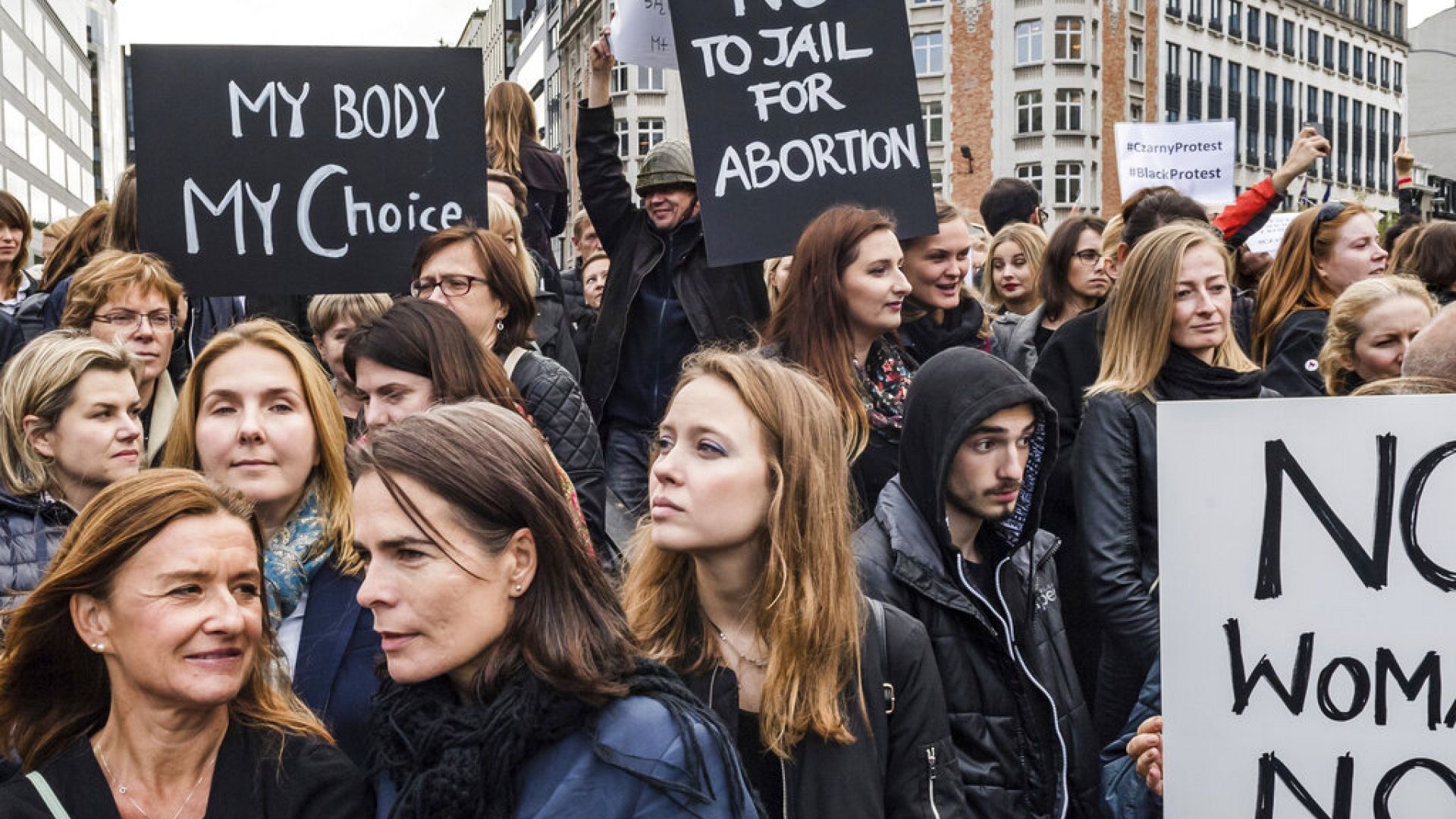Current Abortion Law in Belgium
In Belgium, abortion is legally permitted up to 12 weeks after conception. However, this relatively short timeframe results in many women seeking termination services beyond the country’s borders. A substantial number of Belgian women travel to the Netherlands annually due to its more lenient abortion laws, which allow the procedure up to 22 weeks after conception.
Financial and Logistical Barriers
Due to these legal limitations, over 300 women from Belgium, including those facing financial hardships, travel to the Netherlands each year for abortion services. This presents significant challenges, especially for women who cannot afford the travel costs. The more permissive Dutch laws provide greater flexibility, but the need to cross international borders underscores the legislative and practical hurdles these women face. Family planning advocates in Belgium, such as Frédéric Brichau of the Family Planning Centre in Namur, argue for extending the legal timeframe to better align with women’s lived experiences.
Reflection Period Requirements
Several complexities arise from Belgium’s current legal framework on abortion, including a mandatory reflection period of six days between the first consultation and the beginning of the procedure. This requirement has been criticized as unproductive and burdensome. Family planning centers argue that many women have thoroughly considered their decision by the time they consult a practitioner, and adding a forced waiting period can be detrimental.
Abortion Laws Across Europe
The legal timeframe for abortion varies significantly across Europe, reflecting diverse cultural and political landscapes. For example, Portugal permits abortion up to 10 weeks after conception, while the Netherlands allows up to 22 weeks. Spain and Austria have set their limit at 14 weeks and have discarded the mandatory reflection period, making the process slightly more accessible for women. In contrast, Poland maintains one of the most restrictive abortion laws, allowing termination only in cases of criminal acts or threats to the woman’s life.
European Parliament’s Non-Binding Initiatives
Efforts to harmonize abortion laws across the European Union have been made but are not binding. The 2021 Matić Report encouraged member states to decriminalize abortion and acknowledge it as a fundamental right, suggesting that its denial could be considered gender-based violence. In April 2024, the European Parliament approved adding abortion to the EU Charter of Fundamental Rights. However, these initiatives remain non-binding, leaving individual member states’ legislation largely unchanged.
The Need for Universal Access
Lina Gálvez, chair of the Committee on Women’s Rights and Gender Equality, emphasized the economic disparities that result from the varied abortion laws. Women with financial means can travel to countries with more liberal laws, but those without such resources are often left with no viable options. This disparity challenges the concept of abortion as a universal right, highlighting the need for more inclusive policies.
In summary, Belgium’s restrictive abortion laws compel many women to seek services abroad, primarily in the Netherlands. Various family planning organizations and advocates call for extending the legal timeframe and removing mandatory reflection periods to reflect women’s realities better. While the European Parliament has made strides in suggesting more unified laws, these recommendations remain non-binding, leaving significant differences among member states’ abortion laws and accessibilities.
